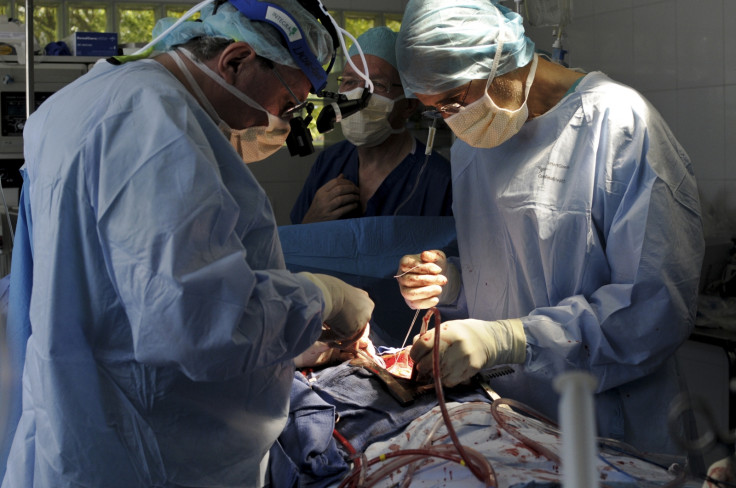Cure For Heart Diseases May Be Possible Soon, Thanks to a Major Discovery

The discovery of a tiny defect in a massive heart protein could pave the way to curing cardiovascular diseases, the number one cause of human deaths all over the world over.
By identifying the protein, known as the Ryanodine Receptor (RyR) scientists from Cardiff University and the Slovak Academy of Science, have pinpointed a therapeutic target for future efforts.
The researchers found that a genetic alteration in the largest membrane protein, which orchestrates every heartbeat, alters the rhythm of the heart and leads to sudden death.
The protein controls the release of calcium required for each heart muscle cell to contract. The genetic mutations in this protein produce a subtle change in the pattern of calcium release causing a dramatic end result. The unstable heartbeat leads to a loss of rhythm and sudden death.
"The RyR protein is so fundamental to heart function. Just like in a car, if the thread of an engine valve is altered it will continue to keep going, but it may be only a matter of time before it blows and gives up – and that's the same for people who carry this defect. In people, it would take some kind of physical exertion or emotional trauma to trigger a cardiac crisis, which could lead to stroke, heart attack or sudden death," said Professor Tony Lai from the Sir Geraint Evans Wales Heart Research Institute (WHRI) at Cardiff University School of Medicine.
Professor Lai with two decades of hands-on work has beaten researchers from around the world in their race to discover the RyR protein.
Cardiovascular disease covers the gamut of diseases of the heart and circulation, including coronary heart disease (angina and heart attack), heart failure, congenital heart disease and stroke.
An estimated 17 million people die from cardiovascular diseases globally, in what is cited as the number one cause of death by the World Health Organisation (WHO). Of these deaths, an estimated 7.3 million are due to coronary heart disease and 6.2 million due to stroke.
The numbers will increase to 23.3 million by 2030.
© Copyright IBTimes 2025. All rights reserved.





















